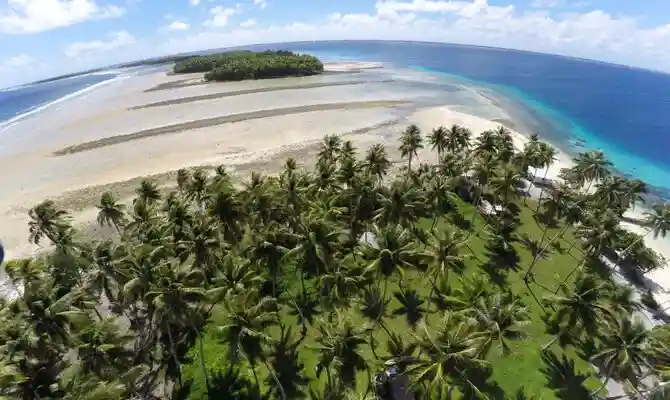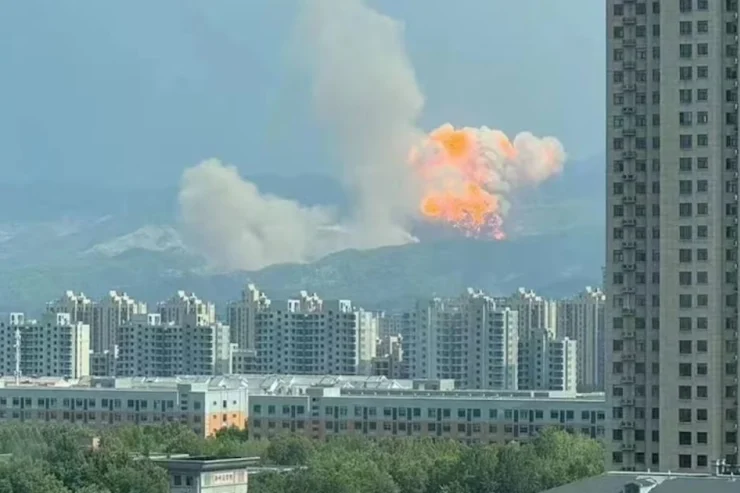Speaking with a sense of urgency, he likened the situation to a sinking ship with no lifeboat. “We are in a dire situation of our own making,” Guterres emphasized. “Rising seas are not a natural disaster; they are the direct result of humanity’s relentless burning of fossil fuels. Our seas are literally absorbing the heat.”
The historical significance of the venue cannot be ignored. Tonga, like many other Pacific Island nations, has been on the frontlines of climate change for decades. The region is hosting more than 1,000 international delegates for the Pacific Islands Forum Leaders Meeting, where climate change dominates the agenda. Low-lying communities, some just 1-2 meters (3.2-6.5 feet) above sea level, face an existential threat from the very oceans that once nurtured them.
Guterres, last present at the Forum in 2019, highlighted the particular vulnerability of the Pacific. About 90 percent of the population in this region lives within 5 kilometers (3 miles) of the coast, making them especially susceptible to rising sea levels. The evidence is damning: Nuku’alofa’s sea levels have risen 21 centimeters (8.3 inches) since 1990, more than double the global average increase of 10 centimeters (3.9 inches). The island nations, with their rich histories and cultures dating back millennia, now face the grim reality of potentially losing their lands and identities to the sea.
“If drastic emissions cuts are not made immediately, the Pacific Islands can expect an additional 15 centimeters [6 inches] of sea level rise by mid-century, with some areas facing more than 30 days per year of coastal flooding,” Guterres warned. His message was clear: saving the Pacific means saving the world.
At the center of the Pacific’s climate resilience efforts is the Pacific Resilience Facility, a financial institution created and led by Pacific nations. Set to begin operations in 2025, it aims to bolster local communities against the impacts of climate change. However, the initiative faces significant funding challenges, with many international donors yet to meet their commitments.
Guterres renewed his appeal to the G20 nations, the world’s biggest emitters, to step up their financial support for vulnerable countries. “We need a surge in funds to combat surging seas,” he declared. His plea was underscored by two recent reports from the World Meteorological Organization and the UN Climate Action Team, which painted a grim picture of worsening sea level rise in the Pacific.
The reports highlight the disparity between global and regional impacts, with the Southwestern Pacific experiencing sea level increases more than double the global average over the past three decades. This accelerated rise poses an existential threat to the Pacific Islands, where climate change is not a distant threat but a daily reality.
In response to the crisis, the UN General Assembly is scheduled to hold a special session on September 25 to address the existential threat posed by rising sea levels. As the waters continue to rise, Guterres’ message echoes the words of history: the time for action is now, or the world may face irreversible consequences.





